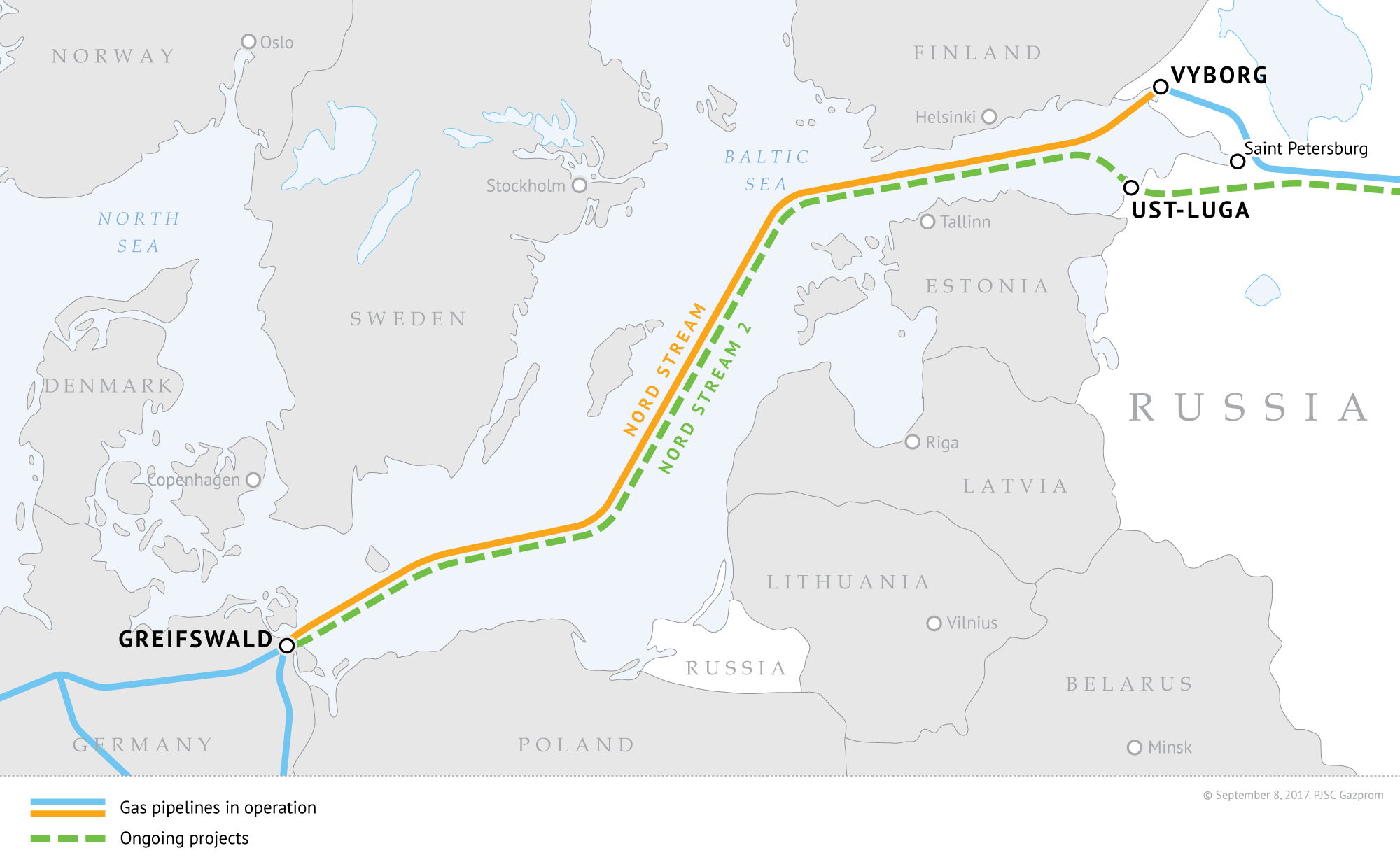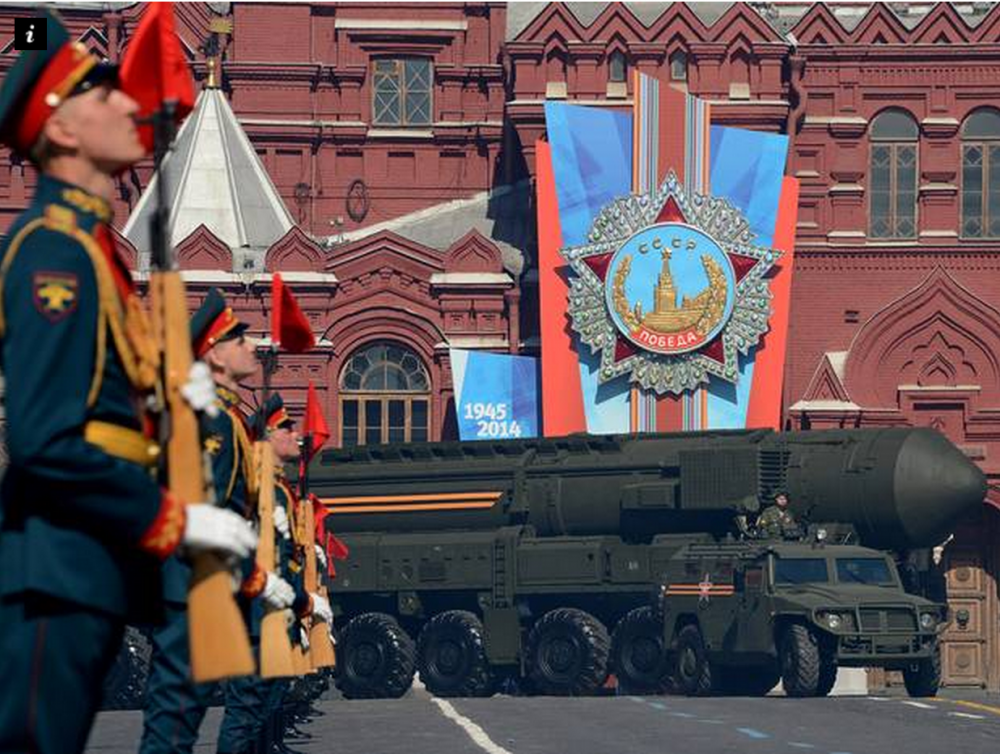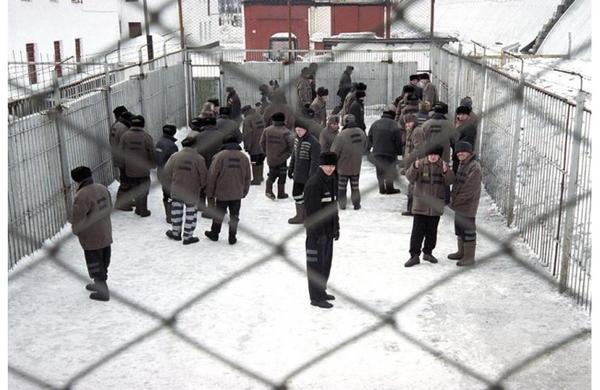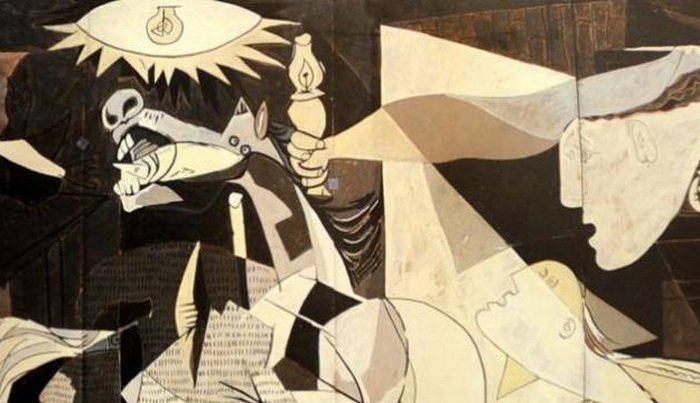Although many in the West refuse to recognize this, Moscow’s preparations for all of that have been going on at full speed, the Tallinn scholar says. This involves not only the promotion of protests throughout Europe but the creation of militarized formations among Europeans and the spread of pro-Russian messages via social media. Thus, Tsybulenko continues, “the economic profit of joint energy projects with the Russian Federation is deceptive, for Russia already has frequently shown that it does not respect international law and the obligations which it has undertaken in connection with treaties and agreements.” Nord Stream-2 may look like an economic project, but in fact, it is a political weapon directed at “the energy isolation of Ukraine” and at enriching Moscow so that it can continue to subvert not just Ukraine, Belarus and Kazakhstan but other countries as well, including members of the EU far from Russia’s borders. This expansion, the legal specialist continues, “including by means of hybrid aggression is only one side of the medal which is called ‘economic cooperation’ with Russia. The other side or more precisely danger is that for cheap Russian raw materials – here is why certain representatives of Western business call for ‘business as usual’ with Russia – the EU countries will pay no small amount of money.”Dominating Ukraine, Belarus and Kazakhstan are “the minimum program; the maximum one involves not only control over the Baltic countries but the establishment of zones of instability in Poland, Romania, Bulgaria, and Greece and the formation of similar zones in Germany, France, and the central and southern countries of the EU.”
“The Russian Federation has always used its energy potential not to develop its own country but to enrich certain strata of the Kremlin and to achieve its geopolitical goals via the conduct of military campaigns and the spread of the ‘Russian world’ ideology.” It is highly likely, Tsybulenko says that in the future, “Russia will use Nord Stream-2“Europe is making an enormous error by not learning from the example of Ukraine,” he continues.
Trending Now
Read More:
- Putin has created a Fifth International organizing the right, Felshtinsky says
- Putin regime has set up not one but five ‘fifth columns’ in Germany, Eidman says
- Portnikov: A big war and the “streams”
- Moscow diplomats said behind formation of militarized Russian and Cossack groups in US
- Kremlin said organizing secret military units in Germany, other Western countries
- Putin winning support from far right as well as far left with custom-targeted propaganda, Eidman says
- Another country where ‘local’ Nazis are a front for Russia – Georgia
- Putin’s Falanga: meet the Polish neo-fascists who tried to burn down a Hungarian center in Ukraine
- Hungary openly helping Putin destabilize Ukraine
- Russia will continue efforts to destabilize Montenegro, expert says
- Russian networks in Bulgaria
- Book details Kremlin’s influence networks in France
- Moscow creating ‘new Comintern’ spy network in Europe, Prague says
- Moscow spy services said deploying Russian criminal world against Ukraine
- Russian hybrid warfare: what are effects-based network operations and how to counteract them





